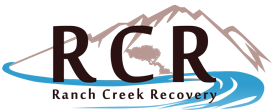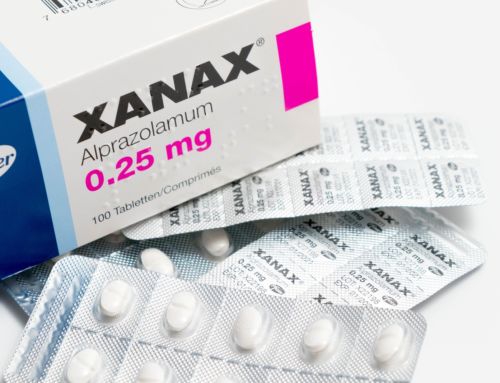For people in recovery from addiction who have successfully passed through the holidays without relapse, there is much to feel positive about. For those who have succumbed to cravings only to recognize their mistake and adjust their behavior in the midst of the festivities, again, there is much to be hopeful for.
One of the most important aspects of successful recovery is identifying and recognizing progress or setbacks as and when they take place because it ensures recovering addicts keep the momentum going on their journey back to full health.
Holiday Pressures Affect Everyone
The holidays are a particularly challenging time of year for most people over the age of 10. The stress can result from the financial strain of paying for the gift-giving season or from family discord caused by disagreements over who hosts who on what days; for people attending a recovery treatment center, there is the additional stress of how to get through the holidays without relapse.
It is not surprising that once the holidays are done and dusted, many people feel deflated after having expended so much energy on a few short days of celebration. This usually leads to an anti-climactic period before the start of the New Year, which is when a lot of people choose to evaluate their lives and consider what changes they need to make for a more positive future.
This sense of renewal at New Year is something that is very beneficial for people in alcohol or drug addiction treatment as it provides them with the perfect opportunity to redefine and refine their personal goals for the year ahead, keeping them moving forwards towards sobriety.
That said, knowing how to keep the momentum going in recovery can be a challenge and so this article takes a closer look at some practical ways to create the forward motion required to sustain life in sobriety after alcohol and drug rehab.
Planning for a Sober New Year: Using Milestones for Goal-Setting
Milestones are really important in recovery as they serve to record progress towards achieving particular goals such as one month without a drink. These are major moments for people who have completed treatment for drug addiction, so they should also be times of celebration. In recovery, it’s important to take each day at a time and also to appreciate each moment and so when something has been achieved – even if it could be considered by others as trivial – it is crucial to acknowledge and celebrate it.
Milestones provide defining moments in recovery.
The most typical milestones used in recovery are 30 days, 90 days and a full year of sobriety. Some people might want to include other milestones such as staying sober through alcohol-related celebrations such as family birthdays, anniversaries, Thanksgiving, the Holidays and New Year.
For many people in recovery treatment centers, there are other aspects of their lives that they may have been unable to cope with in the past without using drugs or alcohol, such as attending a job interview or taking important exams. Everyone is different and each recovery journey has its own twists and turns, so it’s useful to record the defining moments through setting and achieving progress milestones.













